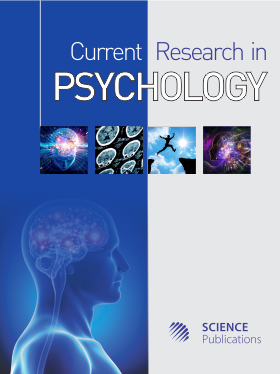A Theory of the Mind as a Complex System
- 1 Edith Cowan University, Australia
- 2 University of Western, Australia
- 3 The Nature Conservancy, Chile
Abstract
Five principles of skill acquisition are presented based on a review of research on human learning and expertise. Essentially these principles state that practice leads to faster and more efficient uses of knowledge. This enables faster performance and results in less demand on mental resources. In turn these outcomes enable higher level behaviours to be attempted. Ultimately skills are developed through refinement of many component processes. A theory of the mind is proposed that borrows from theories of complex adaptive systems. In this theory, the mind is conceived of as consisting of agents that compete for resources associated with processing information. The nature of this competition is similar to that observed in physical and biological systems in that agents survive or disappear depending on their usefulness. This theory is shown to be capable of explaining the five principles of skill acquisition, without these principles being explicitly built into the theory. Implications for other theories of skill acquisition are considered.
DOI: https://doi.org/10.3844/crpsp.2012.1.18

- 5,627 Views
- 2,690 Downloads
- 0 Citations
Download
Keywords
- Skill Acquisition
- Complex Systems
- Cognition
- Mind
- Mental Resources
- Biological Systems
